If Instagram is to be believed, most of us coped with the lockdowns of the past two years by learning to make sourdough. Failing that, we took up cross-stitch or binge-watched Netflix.
None of those strategies appealed to Megan*.
Instead, the 39-year-old technology director from Rozelle in Sydney’s inner west, developed a new Saturday morning ritual as a respite from the busy weeks of home-schooling and full-time work.
After making coffee, Megan would tiptoe back to bed, tap the bright red icon on her iPhone, and scan through the day’s horse races before deciding what took her fancy.
“Sure, I could sit there and play Candy Crush, but this is way more engaging, especially with real money attached,” she says. “It was a nice distraction, just for me. If I put $50 on a few races on the weekend, there’s no way I’m going to feel guilty about that.”
Gambling was a nice distraction, just for me
Until lockdown, Megan had limited experience of gambling. “In the past, I only ever bet on the bigger race days – The Everest, the Melbourne Cup, that sort of thing,” she says. “I downloaded a betting app a few years ago when I was at the pub and they were offering free credit, but I barely used it until Covid.”
That all changed with the advent of the pandemic and the dual demands of home-schooling and an intense workload.
Across Australia, thousands of women just like Megan are discovering online gambling. And as more women whip out their phones and wager online – as so many did during the pandemic – the face of the average gambler is slowly changing.
Where gambling was once seen as a male pastime, the Victorian Responsible Gambling Foundation reported recently that 68.2 per cent of women gambled in the past year, just a whisper short of our menfolk at 69.9 per cent.
Women gambled almost as much as men last year
“Australian data has shown an increase in women’s participation in most forms of gambling over time, with research showing approximately one third of adult women engage in gambling on a monthly basis,” says Simone McCarthy of Deakin University. She and her colleagues are one of the few teams currently focused on women, who are, she says, “highly underrepresented in gambling research”.
This surge comes as online gambling soars in popularity. The rates were already rising steadily, but lockdown prompted a seismic spike, with our gambling expenditure now four times higher than the pre-pandemic norm.
And that’s just online. In total, as a nation, we lose a breathtaking $25 billion annually across all forms of gambling, from bingo and lotteries to the pokies and casino tables, making Australia by far the biggest gamblers on the planet.
So how did we get here? And what’s behind the rise of females who like a flutter?
**********
There are myriad reasons that women gamble, according to McCarthy. Sometimes it’s about having fun; on other occasions, it’s used to escape boredom, loneliness or stress.
“There’s also a range of social, environmental and commercial factors that influence women’s motivations to gamble,” says McCarthy. In other words: there are external forces at play.
Australians have always liked a flutter – after all, Melbourne Cup was designated a public holiday as far back as 1877 – but the introduction of pokie machines in pubs and cubs in the ’90s changed the face of gambling, making it more accessible and acceptable. And more recently, the gambling industry has undergone a steady, stealthy overhaul.
“Although these venues were once seen as male-dominated spaces,” says McCarthy, we’ve gradually witnessed “the changing landscape of gambling environments,” with significant money spent making them more welcoming to women. Decor and cleanliness have improved and there are games designed specifically for females, while, crucially, the offerings beyond the gambling room have come a long way from the era of the $5 steak.
There are external forces at play
Casinos went through a similar makeover, repositioning themselves as glamorous destinations where you might go for a spa day, dinner and a show. It’s a marketing strategy that’s had a huge impact on teenage girls, who spoke eagerly in the Deakin studies of one day being old enough to go there themselves. “As these environments become embedded in women’s social rituals, that may contribute to their motivations to gamble,” says McCarthy.
Of course, the most blatant example of the feminisation of gambling is within horse racing. Calculated collaborations with fashion magazines, department stores, jewelers and champagne houses, along with the halo effect of alignment with celebrities and influencers, led to 20 per cent of women betting on races in 2014 – a leap from 2008’s 12 per cent.
It all adds up to a generational shift over the past 30 years that means it’s more socially acceptable than ever for women to gamble.
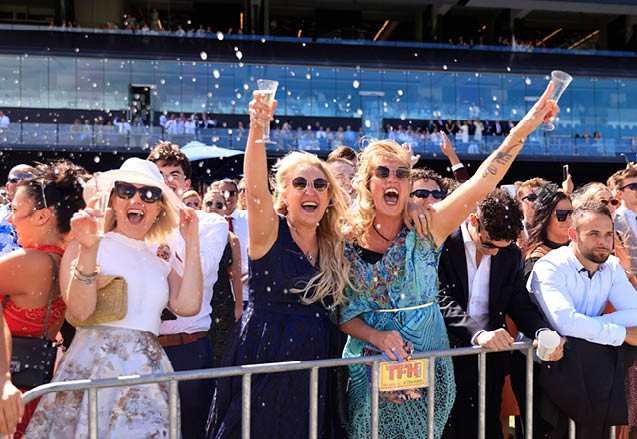
And if anyone does still feel a trace of stigma? Internet gambling sidesteps that entirely. Inconspicuous, anonymous and accessible 24/7, right there on your phone, online betting apps use intuitive technology and chat functions that are popular with women.
And while most of us know that gambling can be addictive, apps take this to the next level – tailoring marketing and alerts to the individual user. “And it actually works,” says Megan. “You’ll get a message saying this horse you backed before is running again today. Or, ‘If you bet on this race, we’ll give you your money back if your horse loses.’ They send a lot of those, but not quite enough for me to crack it and turn off notifications.”
Meanwhile, if horses aren’t your thing, you can bet on all sorts of other events, from the winner of Celebrity Big Brother to which movie will nab Best Picture at The Oscars – novelty wagers designed to entice women, who make up 39 per cent of online gamblers.
“Research suggests that the number of women who gamble online is increasing,” says Dr Rebecca Jenkinson of the Australian Gambling Research Centre, who warns that, “although they do so less frequently than men, women’s health and wellbeing may be impacted more severely than their male counterparts.”
**********
That notion of impact is a hot topic, because while everyone seems to agree that women’s involvement in gambling is rising across the board, there’s less consensus about whether that’s cause for concern.
A figure that’s often highlighted comes from government-funded gambling prevalence studies, which consistently find that less than one per cent of Australians are problem gamblers. Kate da Costa, of the Alliance for Gambling Reform, takes issue with that statement in several ways.
“Firstly, the term ‘problem gambler’ is victim-blaming language,” says da Costa. “It suggests a character flaw of the individual, without recognising the systemic manipulations of the incredibly powerful gambling industry. That creates a sense of shame, which doesn’t encourage people to admit they’re having a problem, so the numbers are likely to be higher in reality.”
Instead, she continues, “the industry likes to focus on that one per cent, because it sounds like a small number. They deliberately make it sound as though the only two options are ‘having fun’ or ‘having a gambling addition’, when in fact the majority of people who are experiencing harm from gambling don’t qualify as a ‘problem gambler’.”
The term ‘problem gambler’ is victim-blaming language
She has a point. Looking at the Problem Gambling Severity Index, it’s possible to wager more than you can afford, borrow money and suffer psychological and health problems caused by gambling, all without making it into that top ‘problem gambler’ category.
“They ignore the two levels below that: ‘moderate risk’ and ‘low risk’. Those are misleading names, because if you fall into those, you are already on the spectrum of harm,” da Costa explains.
Once we include all three categories of harm, it becomes clear that the number of women reporting gambling-related harm is, in fact, rising.
It’s also vital, she believes, to take into account the wider impacts. “We could fairly confidently say that 16 per cent of the adult population in NSW is harmed by their own or someone else’s gambling,” says da Costa, given the impact it can have on finances, health, employment, relationships and psychological wellbeing.
“There is no other legal thing that harms that many people. That is many thousands of people. And we’re still pretending it’s a harmless flutter.”
**********
Jessica* knows this all too well, having spent years hiding her gambling addiction. “I’ve lied to everyone I love,” she says. “I’ve become very adept at it.”
She first encountered the pokies on her 18th birthday. The family were celebrating with a pub lunch near their home in South Australia, and her granddad took her behind the glass screen, beaming as he handed her a cup of coins. “That moment when I was allowed to actually walk in there was pivotal for me,” she says.
It started out as fun, once a week with her grandad, but things gradually changed. “I’ve had anxiety and depression since I was a teenager, and I found I could zone out when I [gambled]. It felt like a place of safety, where I didn’t have to justify myself,” she says. “When I went to uni, I suddenly had free time during the day, and I fell into the habit of going when I had time between classes. Over time, I stopped feeling positive about it. It became a source of stress, more like a task that I had to do, rather than an escape.”
I found I could zone out when I gambled
At its worst, Jessica had no social life or hobbies. “I just worked, studied and [used] the pokies, seven days a week, quite often for hours at a time, and I was losing more money than I could afford,” she says. “I was in a cycle of short-term, high-interest loans that took a large percentage of my salary to fund.”
How much has she lost over the years?
“I don’t know exactly, but I’d say it would be in the hundreds of thousands.”
She feels especially guilty about the times she borrowed money from her mother. “That’s probably the worst thing about my situation, because my mum is incredibly caring and helpful,” she says. “I never told her the real reason why I needed the money. I had, conveniently, a car that broke down all the time, so quite often I’d say it was for that.”
Now 41 and a legal professional, it’s been two years since she last used a gambling machine, after voluntarily barring herself from gambling venues – an officially documented process called self-exclusion.
She doesn’t think she’ll ever tell her mother the truth. “I have a huge amount of shame, and I don’t want to put my mum through that. Nobody in my family knows. A lot of the counselling I’ve done has encouraged full disclosure of your addiction, but that’s not something that works for me.”
**********
Women like Jessica don’t feature in ‘Gamble Responsibly’ campaigns, which da Costa sees as a missed opportunity. “The focus is definitely young men, as they’re seen as experiencing more harm,” she says, “But if women don’t see themselves in that messaging, they either think ‘I must not have a problem’, or ‘they’re not talking to me’.”
That’s precisely how Megan views it. “Perhaps it helps some people, but to me, the messaging seems totally token – something they have to say, legally. It’s the same as: ‘Here’s a packet of cigarettes but don’t forget smoking kills you.’”
She’s not worried about spiraling into addiction. “I can see how it might get out of control for some people, but I’m no high roller,” she says. “When lockdown ended, I said to myself, ‘You don’t need to do this every weekend now – it can go back to just the special occasions.’ So far, so good. Although if we get a rainy weekend, I might have a look.”
*Names have been changed
Main image: Getty Images
For anyone with concerns about their own or someone else’s gambling, visit www.gambleaware.com.au or call their helpline on 1800 858 858




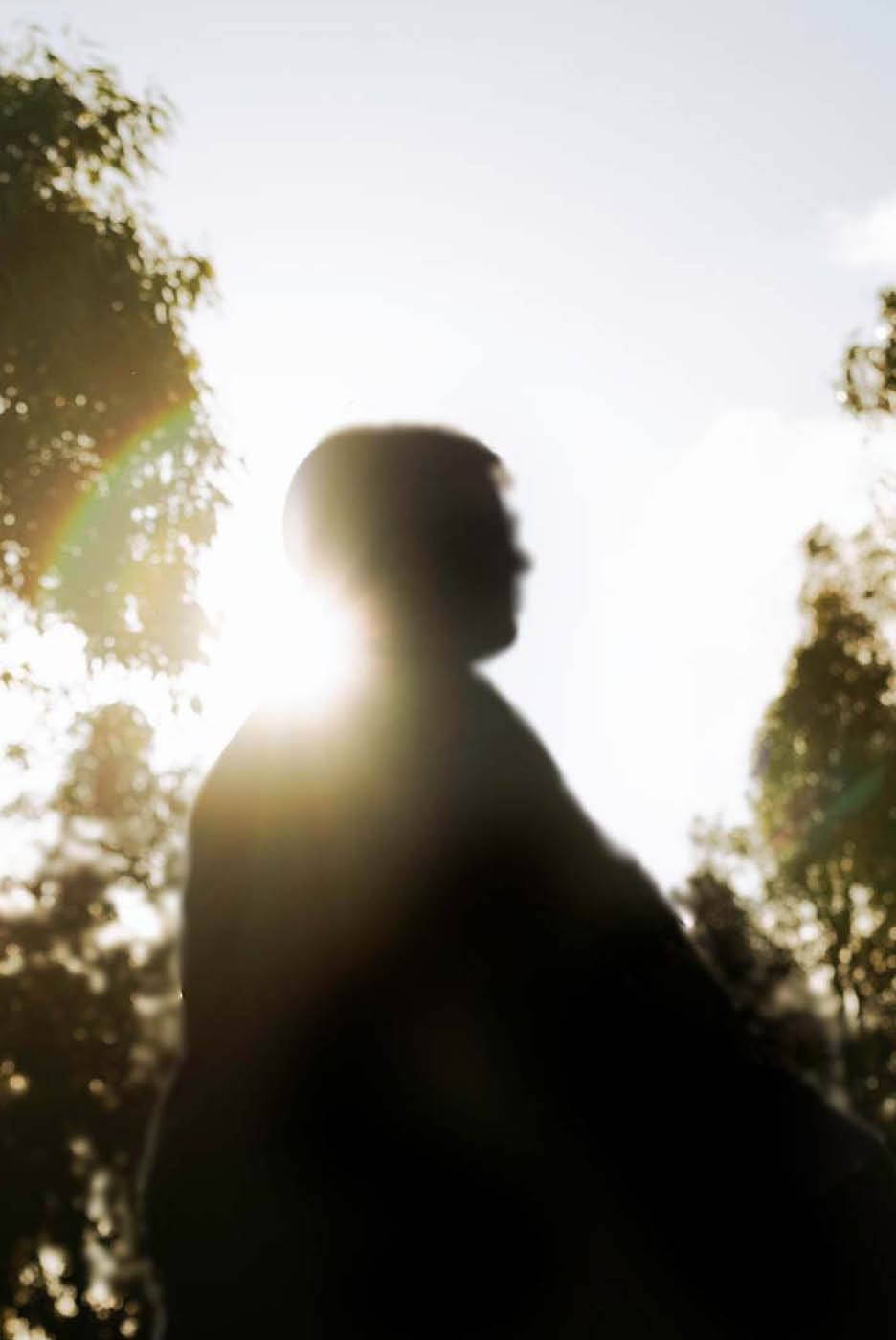
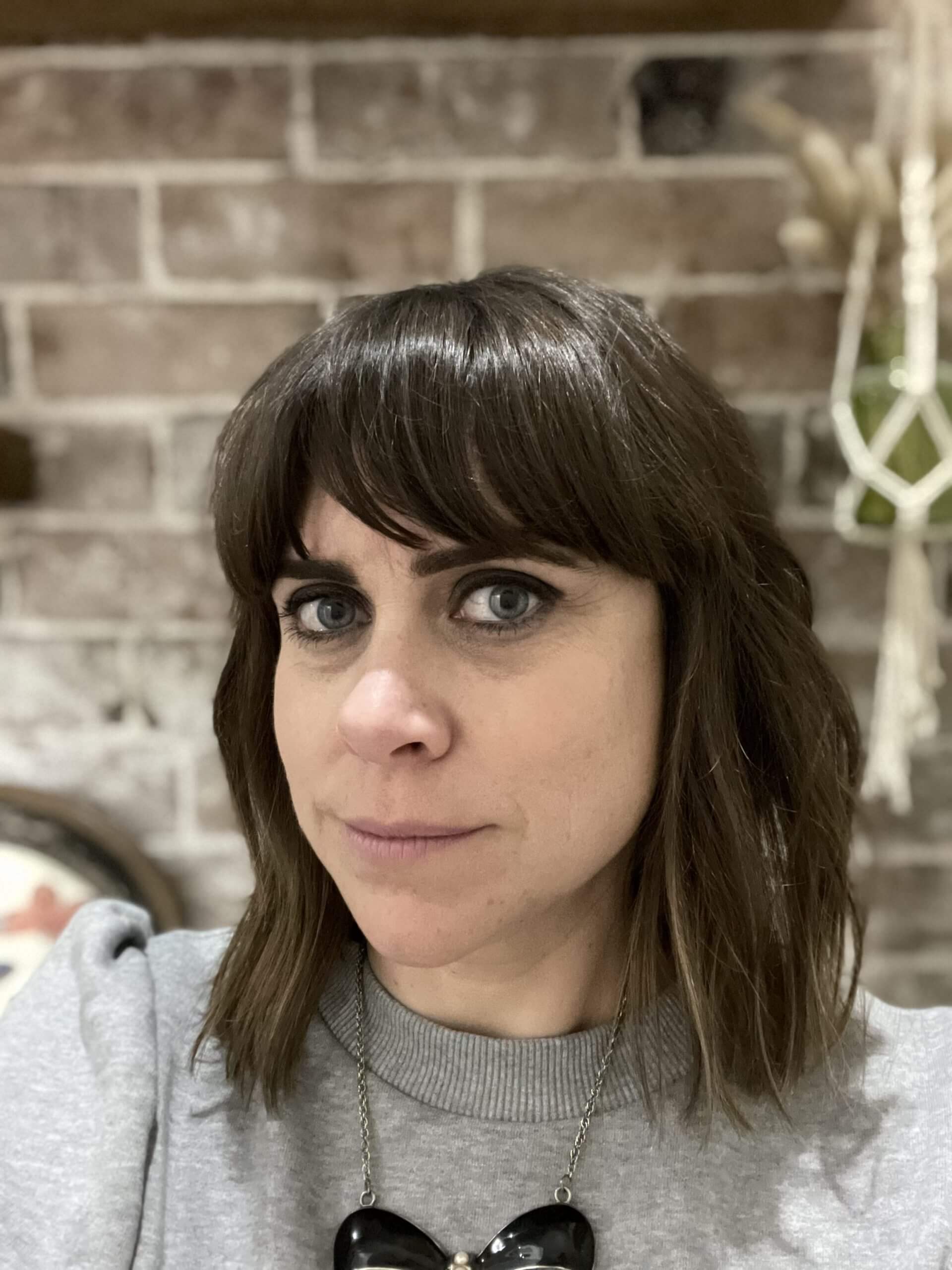


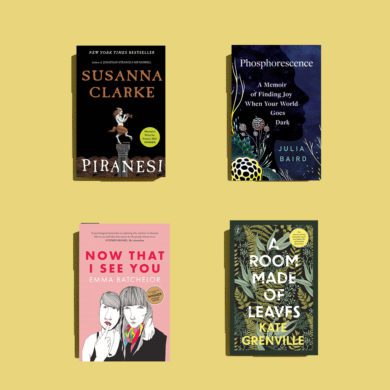
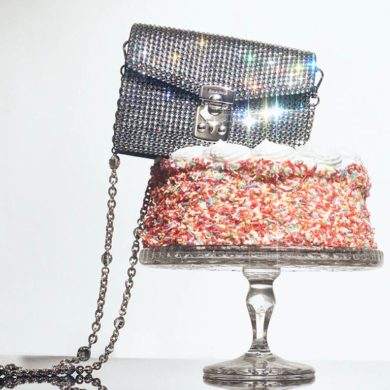
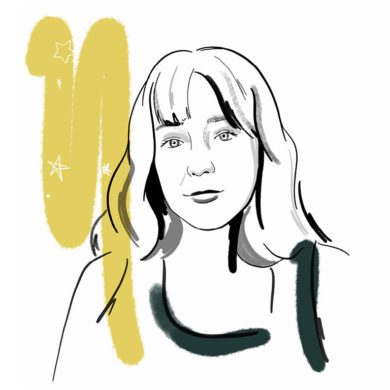



No Comments